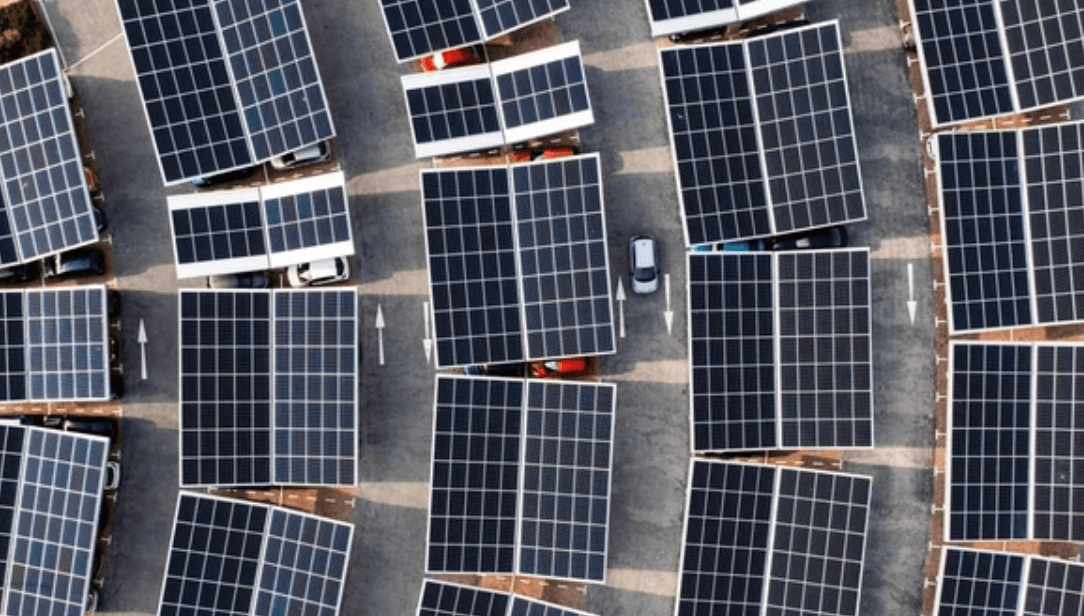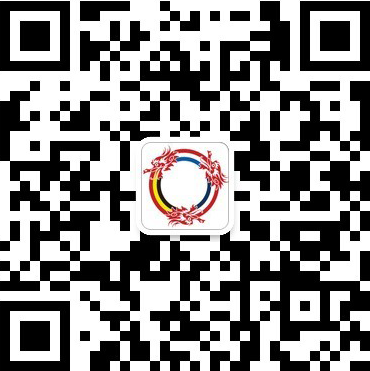Global Solar Dynamics: The Balancing Act of Innovation and Regulation

In the first two months of 2024, a significant surge in solar panel exports from China was observed, primarily fueled by a notable uptake by Dutch and Indian markets. The Netherlands and India, importing 5.38 and 5.33 gigawatts of solar modules respectively, have positioned themselves as leading proponents of clean energy sourced from China. This uptake is largely attributed to competitive pricing facilitated by China's overcapacity in solar panel manufacturing. Meanwhile, the European Union, with its vigilant eye on maintaining fair competition within its single market, has launched probes into Chinese solar firms over subsidy concerns.
The contrasting narratives present a complex landscape of global trade, clean energy adoption, and regulatory scrutiny. On one hand, the significant imports by the Netherlands and India signal a robust demand for affordable clean energy solutions, a critical component in the global transition towards renewable energy. The attractiveness of Chinese solar panels, supported by aggressive price cuts, underscores China's crucial role in supplying the world with solar technology.
EU's Rigorous Response: Investigating Chinese Subsidies
Conversely, the European Union's investigations into Chinese solar firms illustrate the challenges inherent in balancing free trade with fair competition. The investigation, focusing on the bids for a Romanian solar park project, are rooted in concerns over potential state subsidies that might give Chinese companies an unfair advantage over European counterparts. The probe involves the conceptualization, construction, and management of a 110-megawatt photovoltaic park in Romania, a venture partly underpinned by EU funding. The Commission worries that two Chinese companies that submitted bids to take part in the construction are backed by excessive subsidies to help them defeat competitors and snatch the multi-million public contracts. One of the firms is LONGi Solar Technologie GmbH, a new offshoot of LONGi Green Energy Technology, a leader in solar module supply based in Xi'an. The second firm is a consortium of by Shanghai Electric Group, a state-owned enterprise that provides services on wind, solar and hydrogen.
Such scrutiny reflects the EU's commitment to ensuring that its market remains competitive and secure, devoid of distortions caused by external financial influence. The investigations not only highlight the EU's rigorous regulatory framework but also signal to the global community its stance on economic security and the integrity of its clean tech sector.
This stance could be perceived as part of a broader protective reputation that the EU might be cultivating in the eyes of international partners and competitors, such as China. The meticulous scrutiny of foreign subsidies and their strict regulatory actions may be viewed by some as a manifestation of the EU's cautious approach towards external economic influences, particularly those emanating from powerhouse nations known for their competitive pricing and state-supported industries.
The EU's approach, characterized by the recent enforcement of the Foreign Subsidies Regulation, emphasizes the importance of transparency and fair play in public tenders. It is a testament to the EU’s proactive measures to safeguard its economic interests. Introduced as a tool to detect and evaluate the impact of subsidies granted by non-EU governments to companies operating within the EU, this regulation is a cornerstone of the bloc's strategy to preserve the EU's economic security and competitiveness, especially in sectors deemed strategic, such as solar energy. However, this stance also raises questions about the potential implications for the pace of clean energy adoption within the bloc, given the critical role of affordable solar technology in achieving climate goals.
A Multifaceted Dilemma
The unfolding scenario presents a complex dilemma. On the global stage, the demand for affordable solar panels, as seen in the Dutch and Indian markets, is crucial for advancing renewable energy adoption and combatting climate change. However, the pursuit of affordable clean tech must also reckon with the principles of fair competition and economic security, as advocated by the EU. The current investigations into Chinese solar companies highlight a critical juncture in global trade dynamics, where the pursuit of renewable energy meets the demands of economic independence and the integrity of the market.
As nations navigate the complexities of global trade and clean energy adoption, the balance between affordability, fair competition, and economic security remains a delicate dance. The Dutch and Indian foray into Chinese solar panels exemplifies the global quest for renewable energy solutions, while the EU's regulatory scrutiny reflects a cautious approach to safeguarding economic interests. As the world strides towards a cleaner, greener future, the dialogue between free trade and fair competition will undoubtedly shape the contours of the clean tech landscape, offering lessons and insights for global stakeholders.
Source: Euractiv (Nikolaus J. Kurmayer), Euronews (Jorge Liboreiro), Caixin (Liu Chang, Kelsey Cheng), CNN (Anna Cooban),
Editor: Axelle Geelen

